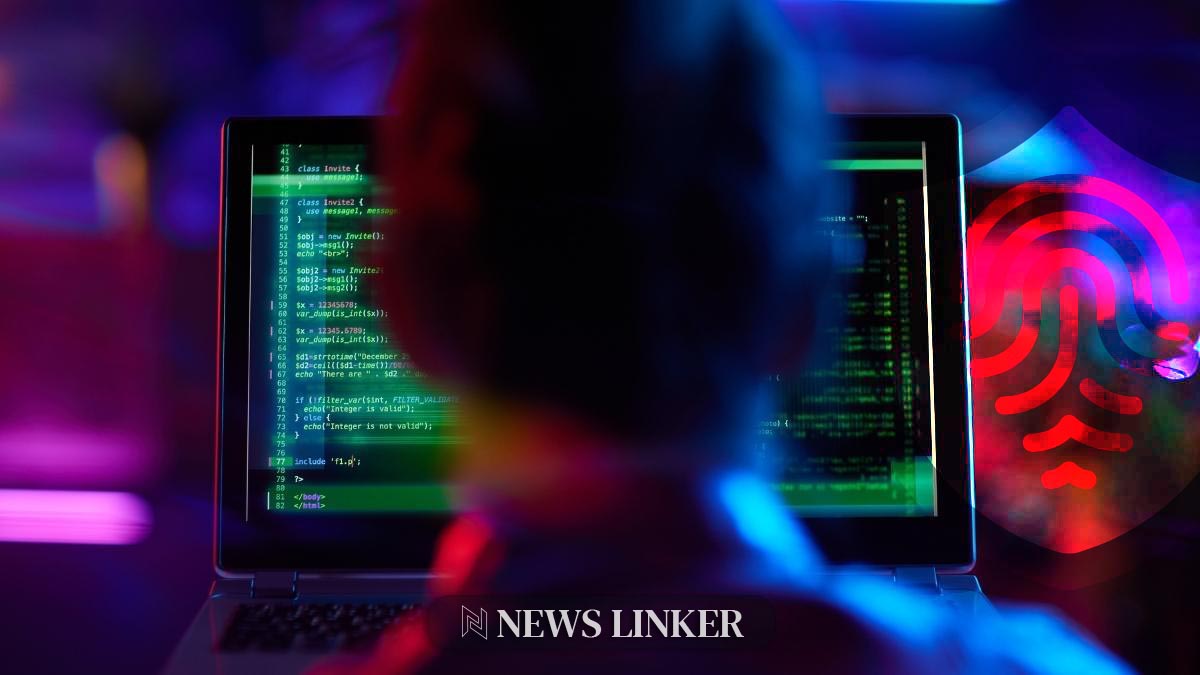A leading pediatric hospital in Chicago, Lurie Children’s Hospital, was recently targeted by a sophisticated ransomware attack that forced the institution to revert to manual, paper-based operations. The attack, which disrupted the hospital’s electronic medical records, is attributed to the Rhysida ransomware-as-a-service group—a known threat to the U.S. healthcare system. In a concerning development, the group demanded a ransom of 60 bitcoins, which is roughly $3.4 million, in exchange for the encrypted data.
Assault on Pediatric Care: Cybercriminals Target Hospital Infrastructure
Lurie Children’s Hospital, which annually serves around 239,000 children, encountered significant disruptions including delayed appointments and elective surgeries following the cyberattack. The hospital’s MyChart electronic records system was taken out of service, and staff were compelled to adopt manual procedures, leading to extended wait times, particularly for prescription services. The incident revealed the extent to which modern medical facilities rely on digital systems and the profound impact cyberattacks can have on their operations.
Rhysida Ransomware: A Growing Threat to Healthcare Privacy
The ransomware strain used in this incident is known for employing a robust 4096-bit RSA encryption with a ChaCha20 algorithm, significantly complicating efforts to restore encrypted files without the decryption key. The Rhysida group, which offers its ransomware tools and infrastructure to affiliates on a profit-sharing basis, has proven capable of disrupting various sectors including healthcare, education, manufacturing, and even government agencies. The data breach at Lurie Children’s Hospital may have compromised sensitive patient information, including Social Security numbers, medical records, and insurance details.
Heed the Warnings: The Healthcare Sector Under Siege
In response to the increasing number of attacks by ransomware groups like Rhysida, the U.S. Department of Health and Human Services has issued warnings, underscoring the vulnerability of the healthcare sector to cyber threats. This incident at Lurie Children’s Hospital serves as a dire reminder that healthcare organizations must enhance their cybersecurity infrastructure to protect against such devastating attacks. It also stresses the importance of attention to detail, as simple oversights, like typographical errors, can lead to severe security breaches.
An article from Cyber Security News titled “Ransomware Attack on Lurie Children’s Hospital: $3.4M Ransom Demanded” provides a troubling account of the attack’s ramifications. The hackers responsible have not only threatened the hospital’s operational integrity but have also risked patient privacy. It’s a clear indicator that healthcare facilities must prioritize cybersecurity to safeguard against such invasive attacks.
The attack on Lurie Children’s Hospital demonstrates the relentless nature of cybercriminals and the ongoing battle against ransomware. For healthcare providers, staying ahead of cyber threats is not just about protecting data; it’s about ensuring the continuous care and safety of their patients. As this incident sadly illustrates, the consequences of failing to do so can be severe, reinforcing the message that robust cybersecurity defenses are crucial in an era where digital dependency is ever-increasing.










